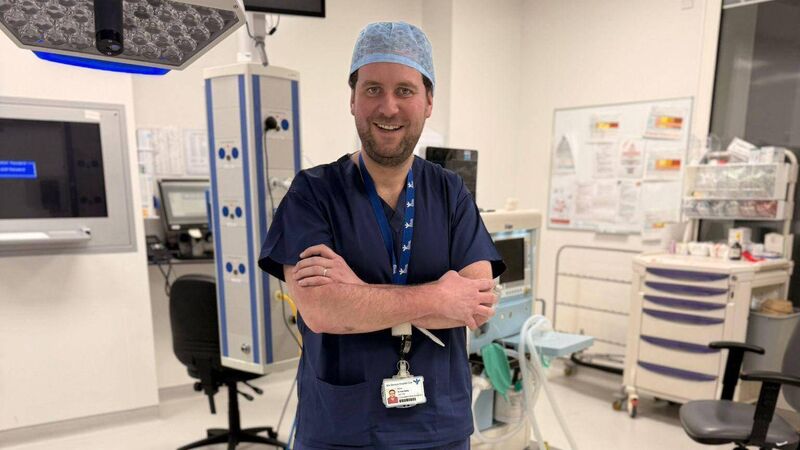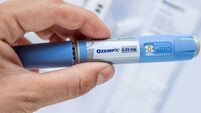Register of approved practitioners offering botox and fillers to be established

Dr Paul Kielty of Cork Medical Aesthetics in Midleton, and a member of the Irish Dental Association told of 'scary' botched treatments.
Dentists and doctors working with botox and fillers are so worried about illegal use of these products they have set up a college to regulate the industry.
The Irish College of Aesthetic Medicine (ICAM) will offer the public a register of approved practitioners.













